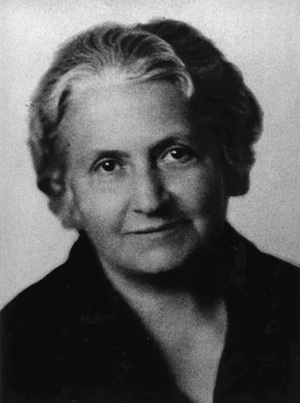Jerry Kirkpatrick on Montessori and Dewey (interview transcript)
Interview conducted at Rockford University by Stephen Hicks and sponsored by the Center for Ethics and Entrepreneurship. Hicks: I’m Stephen Hicks. My guest this evening is Professor Jerry Kirkpatrick from California State Polytechnic University in Pomona. He is the author of a new book, Montessori, Dewey and Capitalism. Tonight he gave a lecture to the […]
Jerry Kirkpatrick on Montessori and Dewey (interview transcript) Read More »
